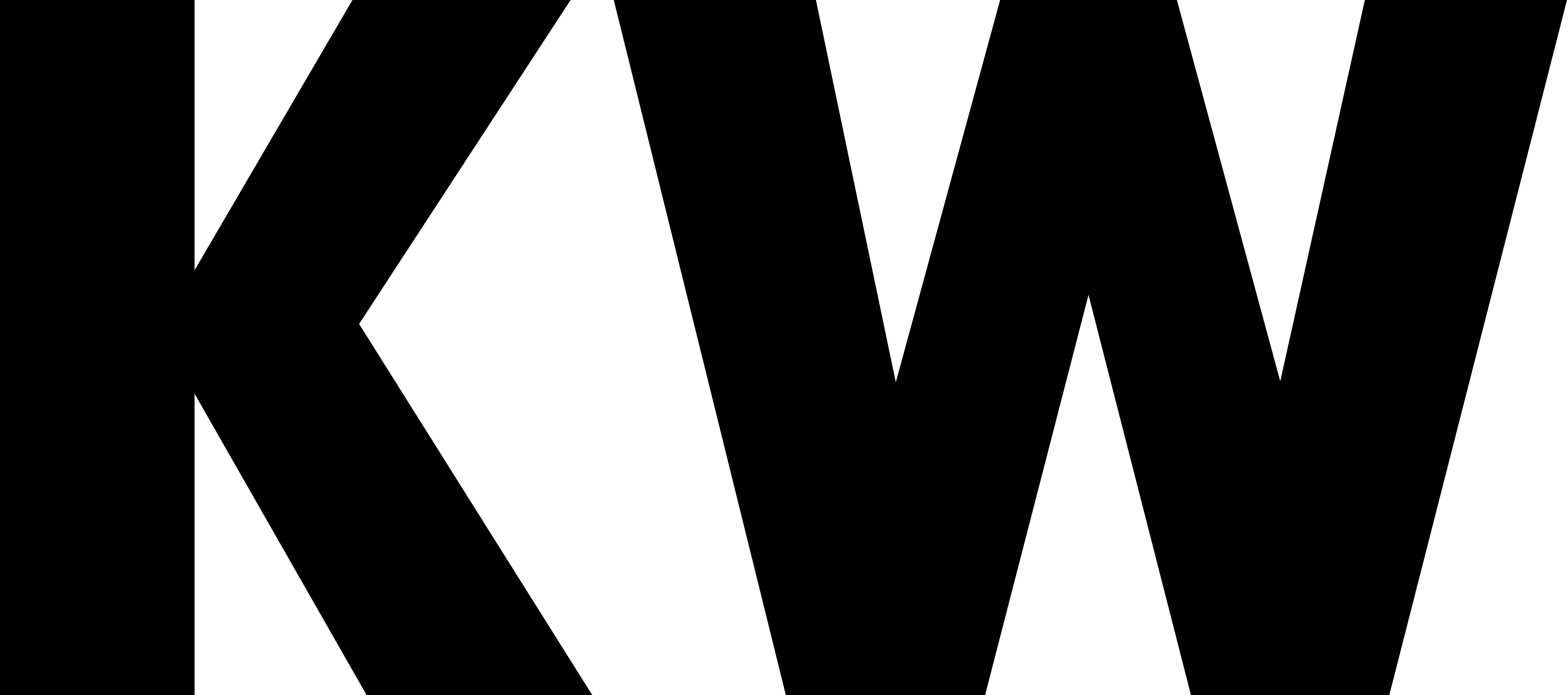Contemporary Iraqi literature; Lectures and discussions – Carte Blanche for Banipal
7-10 pm
Contemporary Iraqi literature
Lectures and discussions – Carte Blanche for Banipal
With Samuel Shimon, Fadhil Al-Azzawi, Shimon Ballas, Salima Salih and other.
Hommage to Samir Naqqash.
Presentation oft he magazine Banipal (Nr. 24, Winter 2005 issue).
(In Arabic and German with simultaneous translation)
In the context of Contemporary Arab Representations: The Iraqi Equation
The Iraqi literature scene of the early 20th century was modern and versatile. Iraq was the cradle of modern Arabic poetry and the home of its pioneers. While lyric poetry has always played a special role in Iraq, some of the most famous short story writers in the Arab world are also from Iraq. The literature of the first half of the twentieth century continued to develop, culminating in a cultural highlight in the 1960s and 70s, when fascinating new directions and names emerged, representing the avant-garde of the Arabic literature in poetry and prose. In the 1960s, however, the Baa'th party came into power; A rich cultural tradition was systematically destroyed and thousands of artists and writers were exiled or imprisoned. During the Iran-Iraq War (1980-1988), the entire cultural spectrum was focused on mobilization and propaganda. One of the effects of wars and destruction is the desolate state of Iraqi literature in the country itself; Paradoxically, however, the many writers and poets exiled by the dictatorship have built up a highly interesting cultural scene. What will Iraqi culture look like in the future? What dynamics will unfold the relationship between Iraqi literature in Iraq and exile? What tensions are already apparent, and what are the consequences of these actual or imaginary divisions?
Banipal was founded in 1998 by Margaret Obank and the Iraqi writer Samuel Shimon. In three annual editions, poems, short stories, and excerpts from novels are published by both established and new Arab writers and poets in English. The magazine appears in the UK.
Fadhil Al-Azzawi (born 1940 in Kirkuk, IQ) studied English literature at the University of Baghdad and cultural journalism at the University of Leipzig, where he also promoted. In 1969, he founded Shi`r 69 (lyric 69), a major magazine for avant-garde lyric poetry in Iraq, which was banned after the fourth edition. His poems and critiques have been published in many Arabic literary magazines since the early 1960s. His work comprises books like The Beautiful Creatures of Fadhil Al-Azzawi (Bagdad 1969), Comedy of Ghosts (Cologne, Beirut 1996), The Living Spirit – The 60th Generation in Iraq (Damaskus 1997), The Ancestors (Cologne, Beirut 2002) and Poems such as Miracle Maker (New York 2003). His translations from German to Arabic include works by Robert Musil, Hans Magnus Enzensberger, Christian Morgenstern and Tilman Spengler. Fadhil Al-Azzawi left Iraq in 1977 and has lived in Berlin since 1983.
Shimon Ballas (born 1930 in Baghdad) studied literature in Tel Aviv and Paris and has been a professor of Arabic literature at the University of Haifa since 1975. He first worked as an editor for Iraqi and Egyptian newspapers until he emigrated to Israel in 1951. There he worked until 1961 for the press organ of the communist party Kol Haam. Ballas has published numerous novels, short stories and anthologies in Hebrew, Arabic, English and French, including The Transit Camp (Israel 1964), the Tel Aviv East Trilogy (Tel Aviv 2003) and Creators and Renovators (Cologne 2003). Shimon Ballas lives in Tel Aviv and Paris.
Salima Salih (born 1942 in Mosul) is a translator and author of short stories. She studied law at the University of Baghdad and art at the Institute of Arts in Baghdad. In 1978, she left Iraq and studied journalism at the University of Leipzig. She has made numerous contributions in various Arabic journals such as for example Banipal. She translated works by Ingeborg Bachmann and Christa Wolf, among others, into Arabic. Salima Salih has been living in Berlin since 1983.
Samuel Shimon (born 1956 in Al-Habbaniyah, IQ) is a journalist, writer and cultural editor. He was responsible for the development and editorial support of several Arabic newspapers and wrote short stories and poems. He is also co-founder and co-editor of Banipal, a London-based magazine for modern Arabic literature. Samuel Shimon recently published his Autobiography An Iraqi in Paris (London 2005). He lives and works in London.
Samir Naqqash (born 1938 in Baghdad, died 2004 in Petah Tiqva, IL) was one of the most important Jewish writers in Israel, who continued to use the Arabic language. Born in Bagdhad, he lived in Tehran, Bombay and Istanbul and later in Petah Tiqva in Israel. As a writer of novels, short stories and plays, he created remarkably dense and innovative works. Naqqash's life and work testify to his constant resistance to the massive assimilation pressure that Jews from the Arab world were exposed to in Israel.
Contemporary Arab Representations: The Iraqi Equation is a project of Catherine David, organized and produced by the KW Institute for Contemporary Art and the Fundació Antoni Tàpies, Barcelona, in cooperation with Arteleku-Diputación Foral de Gipuzkoa and the Universidad Internacional de Andalucía-UNIA arteypensamiento. The Iraqi Equation is funded by the Federal Cultural Foundation and the Ministerio de Cultura de España. With additional support from Juan Lucas Young / sauerbruch hutton architects, the Al-Kamel publishing house, Schiler publishing house and the Banipal magazine. The Iraqi Equation is part of the Contemporary Arab Representations, a long-term project of Catherine David, organized and produced by the Fundació Antoni Tàpies, Barcelona, Arteleku Diputación Foral de Gipuzkoa and the Universidad Internacional de Andalucía-UNIA arteypensamiento.
Catherine David (* 1954 in Paris) is currently a fellow of the Federal Cultural Foundation at the Wissenschaftskolleg zu Berlin.

